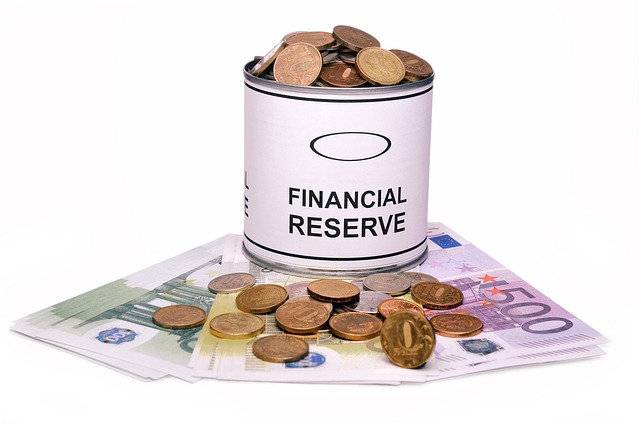Tax Evasion: Legal Consequences in Switzerland

Tax evasion is a serious offense in Switzerland, as it is in most countries. While Switzerland is known for its banking secrecy and favorable tax environment, it has stringent laws to combat tax evasion and ensure compliance with tax obligations. Understanding the legal consequences of tax evasion in Switzerland is crucial for individuals and businesses to avoid severe penalties, including fines, criminal charges, and reputational damage. This guide provides an overview of tax evasion, its legal implications, and how to ensure compliance with Swiss tax laws.
1. What is Tax Evasion?
Tax evasion involves intentionally underreporting income, overstating deductions, hiding assets, or providing false information to reduce tax liabilities. It is a criminal offense that undermines the integrity of the tax system.
Examples of Tax Evasion:
- Failing to declare income from foreign accounts.
- Underreporting business revenue.
- Claiming false deductions or credits.
- Hiding assets in offshore accounts.
2. Legal Framework in Switzerland
Switzerland has a robust legal framework to combat tax evasion, including:
Federal Tax Laws:
- The Federal Direct Tax Act and Value Added Tax Act outline tax obligations and penalties for non-compliance.
- Tax evasion is considered a criminal offense under Swiss law.
International Agreements:
- Switzerland has signed numerous Double Taxation Agreements (DTAs) and Automatic Exchange of Information (AEOI) agreements to combat cross-border tax evasion.
Banking Secrecy:
- While Switzerland is known for its banking secrecy, this does not protect individuals from tax evasion charges. Swiss banks are required to cooperate with tax authorities in cases of suspected tax evasion.
3. Legal Consequences of Tax Evasion
The consequences of tax evasion in Switzerland can be severe, ranging from financial penalties to criminal charges. The specific penalties depend on the severity of the offense and whether it involves intentional evasion or negligence.
Financial Penalties:
- Back Taxes: Evaders must pay the owed taxes, often with interest.
- Fines: Fines can range from 30% to 300% of the evaded tax amount, depending on the severity of the offense.
- Additional Costs: Legal fees and administrative costs may also be imposed.
Criminal Charges:
- Imprisonment: In severe cases, tax evasion can result in imprisonment for up to 3 years.
- Criminal Record: A conviction for tax evasion results in a criminal record, which can affect future employment and travel.
Reputational Damage:
- Tax evasion cases can lead to significant reputational harm, especially for businesses or high-profile individuals.
International Consequences:
- For non-residents, tax evasion in Switzerland can lead to legal action in their home country, especially if Switzerland shares information under AEOI agreements.
4. Distinction Between Tax Evasion and Tax Avoidance
It’s important to distinguish between tax evasion and tax avoidance:
Tax Evasion:
- Illegal and involves deliberate misrepresentation or concealment of information to reduce tax liabilities.
Tax Avoidance:
- Legal and involves using legitimate methods to minimize tax liabilities, such as claiming deductions or structuring finances efficiently.
While tax avoidance is legal, aggressive tax planning may attract scrutiny from tax authorities.
5. How Switzerland Detects Tax Evasion
Swiss tax authorities use various methods to detect tax evasion, including:
Audits:
- Regular audits of individuals and businesses to ensure compliance with tax laws.
Data Sharing:
- Under AEOI agreements, Switzerland shares financial information with other countries to identify undeclared assets.
Whistleblower Programs:
- Encouraging individuals to report suspected tax evasion.
Bank Cooperation:
- Swiss banks are required to report suspicious activities to tax authorities.
6. Voluntary Disclosure Program
Switzerland offers a Voluntary Disclosure Program for individuals and businesses to declare previously undeclared income or assets without facing criminal prosecution. Key features include:
- Confidentiality: The disclosure process is confidential.
- Reduced Penalties: Participants may benefit from reduced fines and no criminal charges.
- Conditions: The disclosure must be complete, accurate, and made before the tax authorities initiate an investigation.
7. Tips for Ensuring Tax Compliance
To avoid the legal consequences of tax evasion, follow these tips:
Keep Accurate Records:
- Maintain detailed records of income, expenses, and assets.
Declare All Income:
- Ensure all income, including foreign income, is declared.
Seek Professional Advice:
- Consult a tax advisor or accountant to ensure compliance with Swiss tax laws.
Stay Informed:
- Keep up-to-date with changes in tax laws and international agreements.
Use Voluntary Disclosure:
- If you have undeclared income or assets, consider using the Voluntary Disclosure Program to rectify the situation.
8. Case Studies
Case 1: Individual Tax Evasion:
- A Swiss resident failed to declare income from a foreign bank account. After an audit, the individual was fined 150% of the evaded tax amount and faced criminal charges.
Case 2: Corporate Tax Evasion:
- A Swiss company underreported its revenue to reduce tax liabilities. The company was audited, fined 200% of the evaded tax amount, and its executives faced imprisonment.




